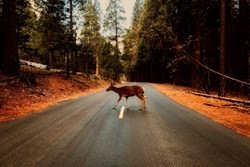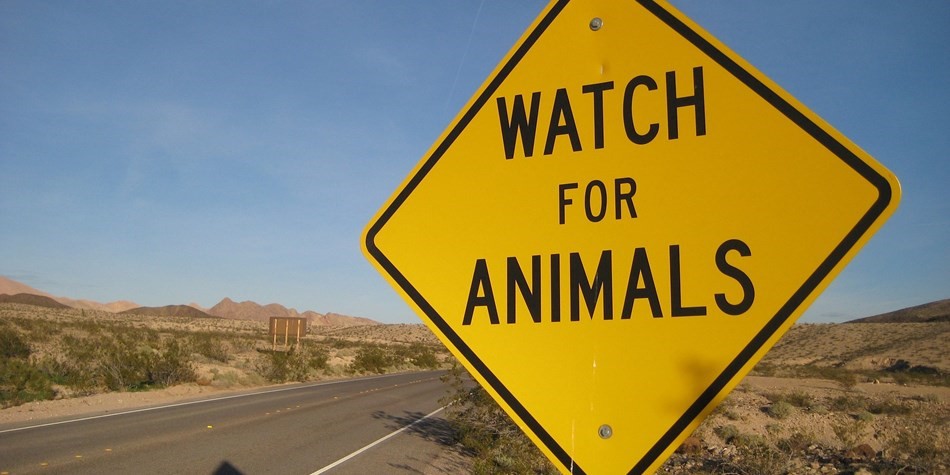
Safe Driving: Tips to keep animals safe on the road
Road safety covers many aspects of driving but do you think about your pets and wildlife when you think of keeping safe on the road?
Below we have included some useful tips on how to keep animals and yourself safe - from passing horses safely through to correctly securing your pets in your vehicle.
Passing Horses
Horses can be unpredictable if scared or young and are often ridden by children. If you see a horse ahead, slow down early, and hold back until you are sure you can pass them wide and slow (at least a cars width). Never use your horn and do not speed up until you have safely passed them.
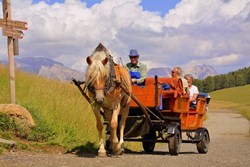
Night Driving
Many wild animals are nocturnal so are likely to be crossing the road at night. Keep your speed down and use full beam when it is safe. No one wants to hit any animal but do not swerve as this may cause a collision. You can slow down and stop for an animal as long as it does not endanger another road user in doing so.
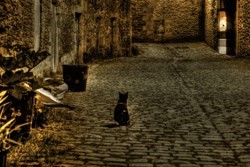
Seat belts
To carry an unsecured load in our cars is an offence and a loose animal is no exception. Ensure an animal is secure by using a safely stowed cage or specially designed seat belt attachment. If a collision occurs and someone is injured your Insurance may be invalid so keep them safe as they are part of the family. You could also be faced with a fine of up to £5,000!
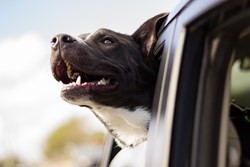
Summer
As the weather warms up spare a thought for your pet if you are travelling. Carry plenty of water and do not leave them in a hot car, even for a short time. Animals can dehydrate quickly and suffer from heatstroke even with the windows open in the shade. The temperature can double in an hour so think about them too.
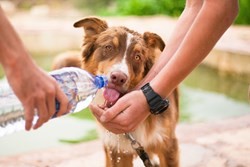
Deer Strikes
It is estimated more than 40,000 deer are killed every year in the UK from being hit on the roads. It is more common at Sunrise and Sunset so look out for signs to give clues they may be present. If you are involved in a collision with any animal on the roads you must report it to the Police as soon as possible and in any case within 24 hours.
